Brazilian cinema is still uncharted territory for many people. With Hollywood's strong dominance, Brazilian productions end up being in the background, even in Brazil, but this does not mean that Brazilian cinema is inferior — in fact, it's quite the contrary.
Throughout its history, Brazil has always produced several prestigious and acclaimed films, with many becoming hits internationally, demonstrating just how much these productions are also of great quality. After all, just giving the incredible world of Brazilian cinema a chance makes it easy to understand why Brazil also deserves recognition in the seventh art.
With that in mind, here are 11 Brazilian films that were successful both domestically and abroad.
11 City of God
It is impossible to start this list without mentioning the acclaimed City of God. Directed by Fernando Meirelles and Kátia Lund, the film is one of the most popular in the history of Brazilian cinema and is still remembered by the public as one of the greatest representatives of Brazil, both nationally and internationally.
Nominated for four Academy Awards (Best Director, Best Adapted Screenplay, Best Editing, and Best Cinematography), City of God follows the story of Buscapé (Alexandre Rodrigues), a poor young Black man who lives in a Rio de Janeiro slum and discovers that he has a talent for photography. Through his eyes, we follow the daily life of the community, the violence, and the social problems that mark his journey.
10 Bacurau
Bacurau is one of the most recent phenomenons of Hispanic cinema. The film created a huge buzz in Brazil for presenting an electrifying and mysterious plot that brought crowds to national cinemas. But the prestige was not limited to national territory: the film won the Jury Prize at the 2019 Cannes Film Festival and was also recognized at other festivals around the world.
Directed by Kleber Mendonça Filho and Juliano Dornelles, the film tells the story of the residents of Bacurau, a small community in the Brazilian hinterland that, mysteriously, disappears from all maps of the country. When a series of enigmatic murders begin to happen, the population of the city decides to react.
9 Central Station
Central Station is another national production that lives in the hearts of Brazilians. Directed by the great Walter Salles and starring the acting giant Fernanda Montenegro, who received a historic Oscar nomination for Best Actress in 1999 for her performance in the feature, the film won the Golden Globe and the BAFTA that year, becoming recognized worldwide.
In Central Station, Dora (Fernanda Montenegro) is a bitter ex-teacher who makes living writing letters to illiterate people. However, she never puts the messages in the mail and just pockets the money with no regrets. Everything changes when she meets Josué (Vinícius de Oliveira), the nine-year-old son of one of her clients who ends up alone when his mother dies after suffering an accident. Even reluctant to take care of the boy, Dora decides to accompany him on a journey through the interior of northeastern Brazil in search of the boy's father.
8 The Second Mother
Starring Regina Casé, The Second Mother is another national production that was successful abroad. In addition to having participated in several film festivals abroad, the feature was elected one of the five best international films of 2015 by the National Board of Review.
The Second Mother is a film directed by Anna Muylaert that tells the story of Val (Casé), a woman from Pernambuco who moved to São Paulo with the desire to give her daughter, Jéssica (Camila Márdila), a better life. When the young woman calls saying that she wants to go to the capital of São Paulo and enter the university, Val's bosses receive the girl, but Jessica's behavior begins to shake the family's structures.
7 Twenty Years Later
Elected one of the 100 best Brazilian films of all time by Abraccine, the documentary Twenty Years Later is a major milestone in national cinema. The production was awarded at the prestigious Berlin Festival and also went through other industry events, becoming a great representative of the Brazilian market in the world.
Directed by the unforgettable Eduardo Coutinho, Twenty Years Later follows the struggle of peasants for their land in the face of persecution suffered by landowners during the dictatorship period. The project was even interrupted by the military regime, in 1964, and was only resumed seventeen years later.
6 Elite Squad
When we talk about Brazilian cinema, one of the films most cited by the public is the popular Elite Squad, which had a huge cultural impact at the time of its release. But the recognition of José Padilha's film did not stop with audiences: the feature won the Golden Bear for Best Film at the 2008 Berlin Film Festival, for example, being remembered abroad as one of the best recent Brazilian films to grace international festivals.
In Elite Squad, we follow the routine of Captain Nascimento (Wagner Moura), the commander of the Special Police Operations Battalion, better known as BOPE. In search of someone to replace him in office, Nascimento receives the task of leading an appeasement mission in Morro do Turano, an event that provides several reflections on urban violence and the actions of police officers in the country.
5 Elite Squad 2: The Enemy Within
The sequel to 2007's Elite Squad, Elite Squad 2: The Enemy Within is the rare sequel that should be a part of the discussion about Brazilian cinema; despite not having impacted international cinema like the first film, or participating in award ceremonies, it is important to be mentioned. In this film, after a jump in time, we follow Captain Nascimento's life outside the police and in charge of public security.
The second film extends the discussion beyond police violence and security, to the role of the state and how security forces are used as tools for private interests. Elite Squad 2: The Enemy Within works not only as a sequel, but as an extension of the first film, as if it were a single film.
4 Entranced Earth
Glauber Rocha is one of the most influential names in Brazilian cinema, being a great representative of the Cinema Novo movement. Revered even by the great Martin Scorsese, Glauber directed the film Entranced Earth, a great example of national production that is prestigious in Brazil and abroad.
Glauber Rocha is essential for Brazilian cinema not only for the quality of his films but for the political resistance his works exerted, denouncing the terrible acts of the Brazilian government during the period of the military dictatorship. His criticisms directed at the oppression of the privileged classes over the oppressed classes have always been wisely inserted in his films in a subtle way, and, unfortunately, they are still current.
Set in Eldorado, a fictional country in Latin America, the film follows a dispute over the political power of the territory, which is governed by a despot. Entranced Earth was recognized at the Cannes Film Festival and at other major events in the world of film.
3 Cinema, Aspirins and Vultures
Cinema, Aspirins and Vultures is a national film that also participated in the Cannes Film Festival. Directed by Marcelo Gomes, the film takes place in 1942 in the middle of the northeastern hinterland, where the path of a German who is fleeing the Second World War crosses with that of a simple man. The two start working together and soon a strong friendship emerges.
2 The Given Word (Keeper of Promises)
The Given Word (also known as Keeper of Promises) is a classic of Brazilian cinema that made history abroad. In addition to being the first South American production to receive an Oscar nomination for Best International Film, it was the first (and only) Brazilian feature to win the Palme d'Orat the Cannes Film Festival, which is the event's top prize.
Directed by Anselmo Duarte, The Given Word tells the story of Zé do Burro (Leonardo Villar), a humble man who, after his pet donkey is struck by lightning, makes a promise to carry a huge cross on his back to a church in Salvador. Along his journey, Zé do Burro faces a series of obstacles and difficulties to fulfill his oath.
1 The Invisible Life of Eurídice Gusmão
Inspired by the book A Vida Invisível de Eurídice Gusmão by the writer Martha Batalha, the film The Invisible Life of Eurídice Gusmão was directed by Karim Aïnouz and debuted at the Cannes Film Festival in 2019, where it won the Un Certain Regard award. The director was also present at the Munich Film Festival, in Germany, where he was also awarded.
Invisible Life tells the story of two sisters who are separated during their youth and try to find each other throughout their lives. Prevented from living the dreams they wanted during adolescence, both try to move forward in a patriarchal and conservative society. An essential work for any film lover, as it explores a different point of view on female resistance to the patriarchy, showing a perspective that is more distant from North America, but distinctly relevant to Latin America, especially in Brazil.

.jpg)
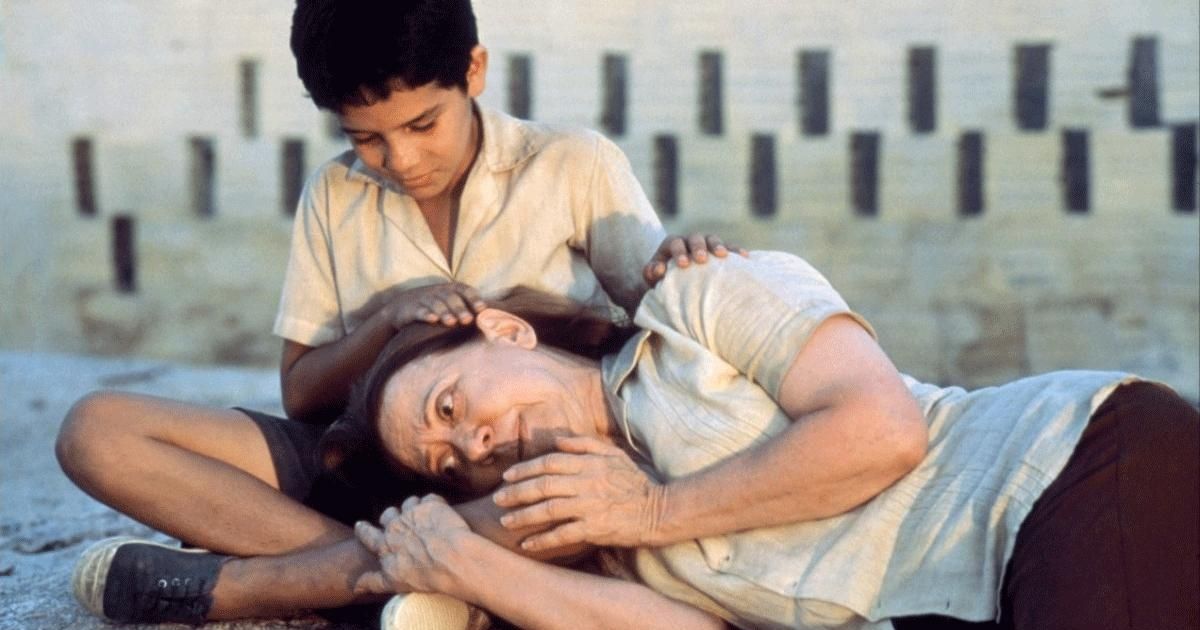
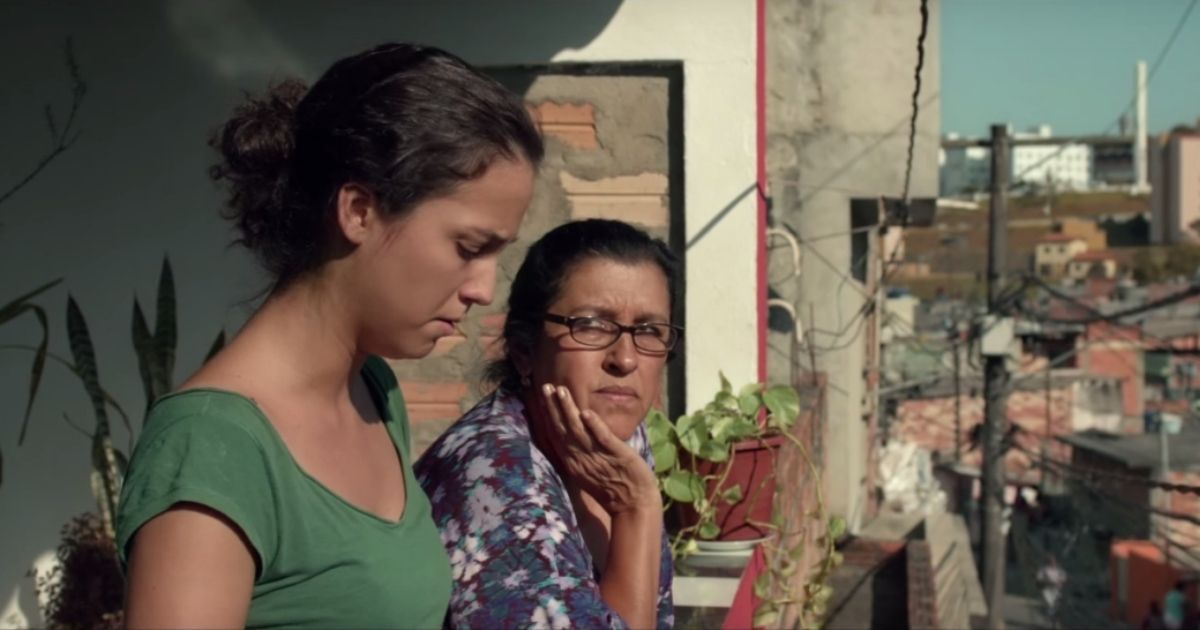
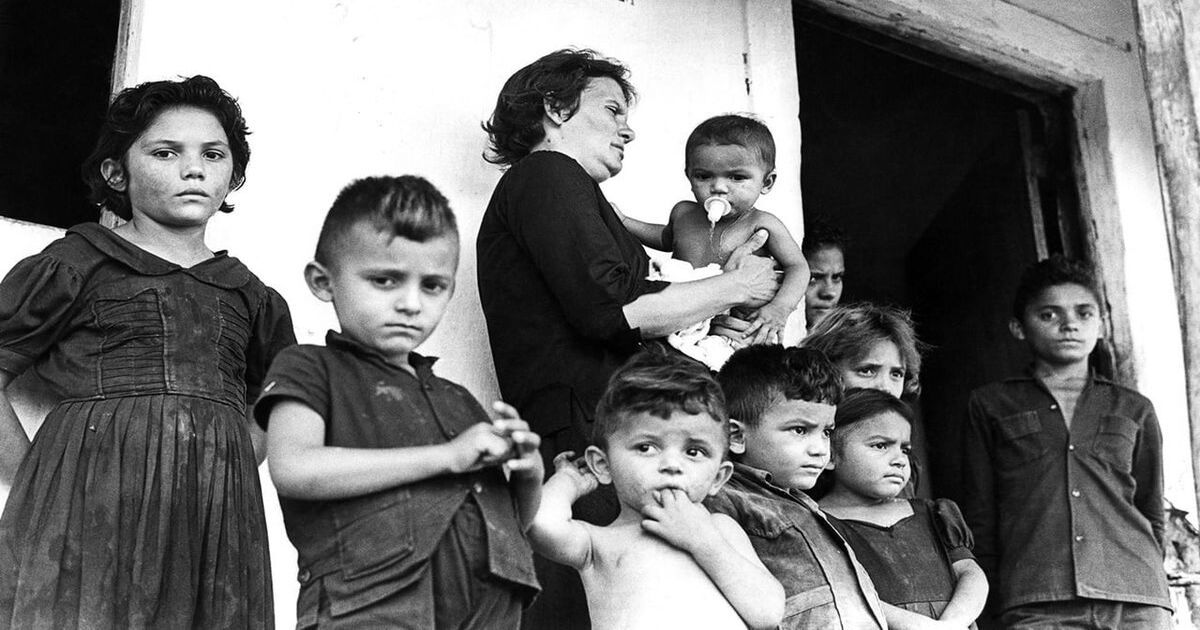

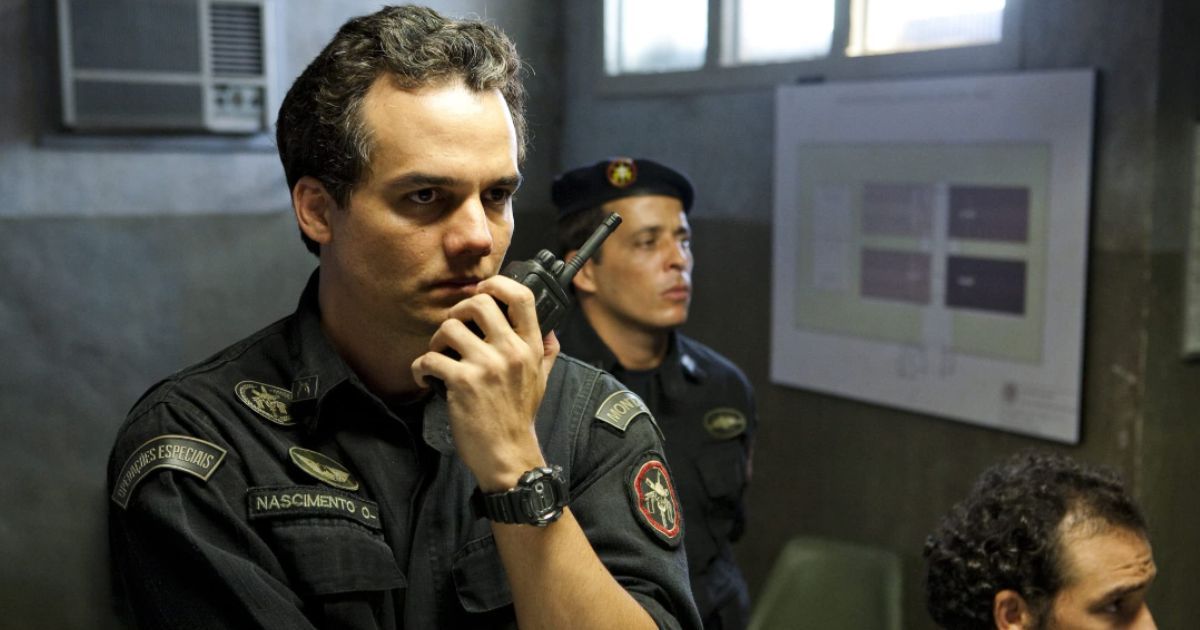
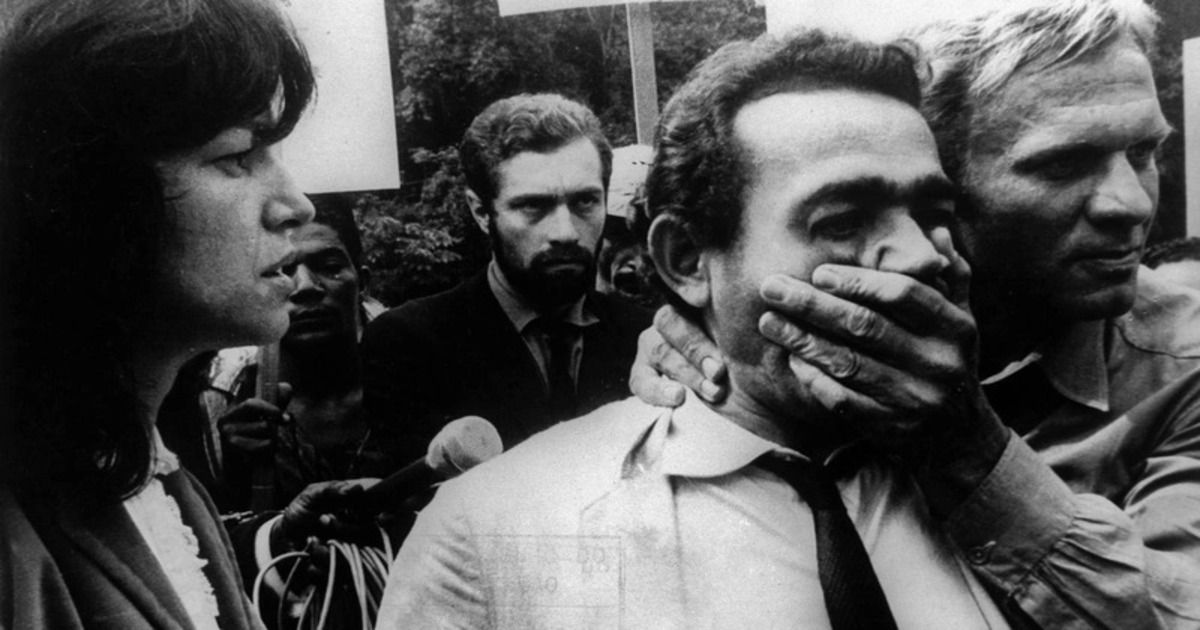
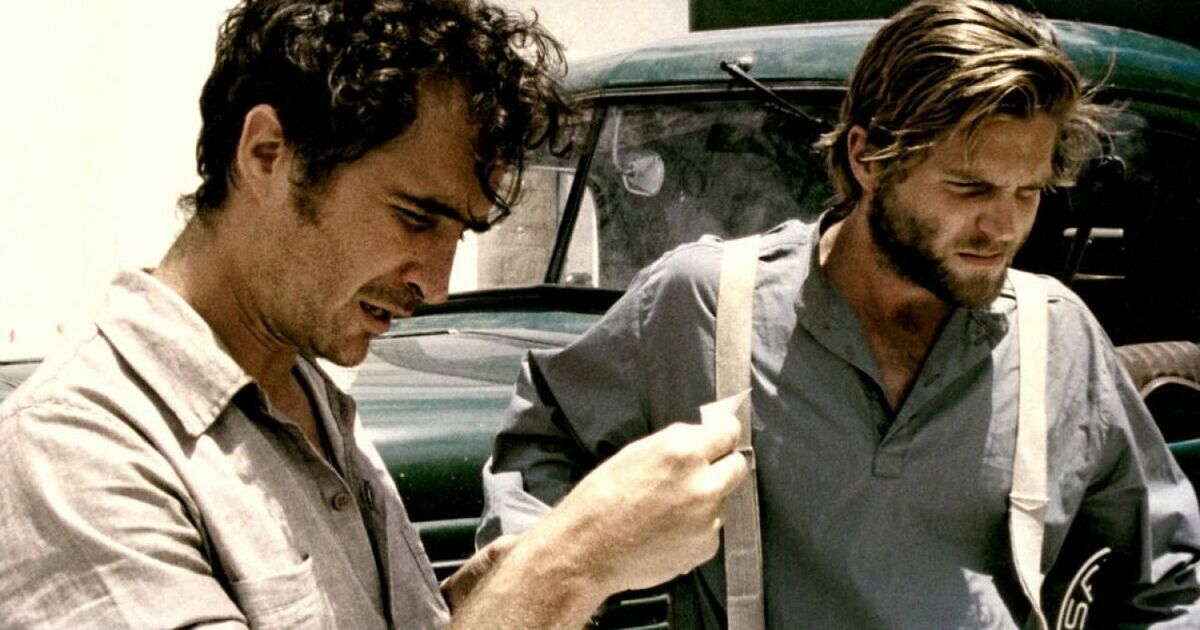
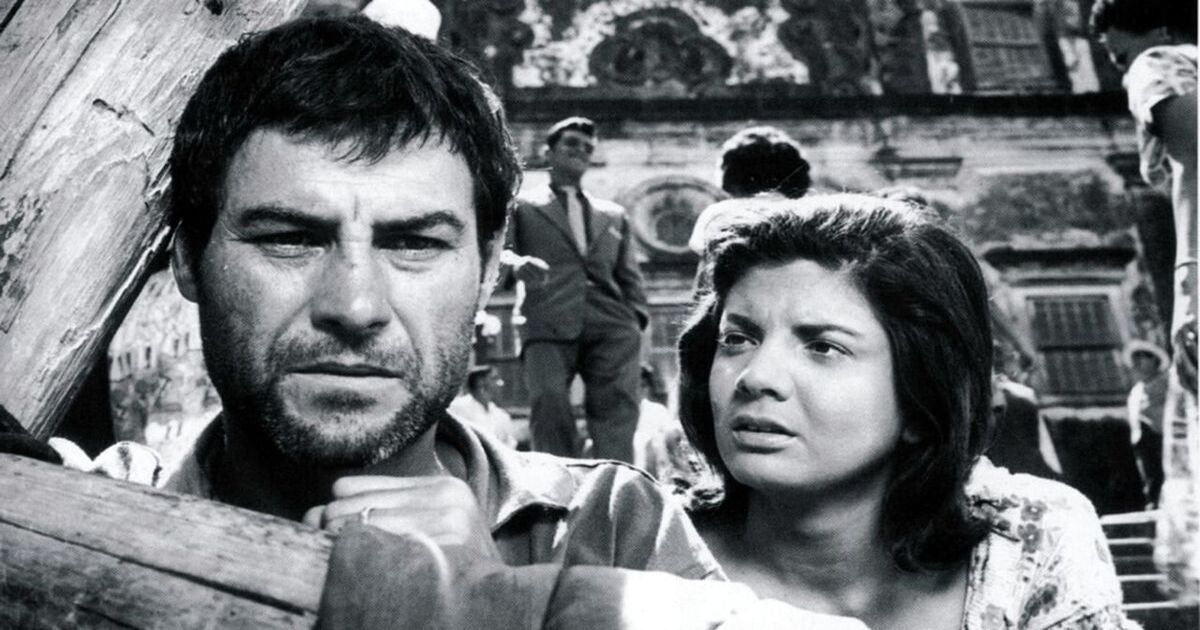

Comments
Post a Comment